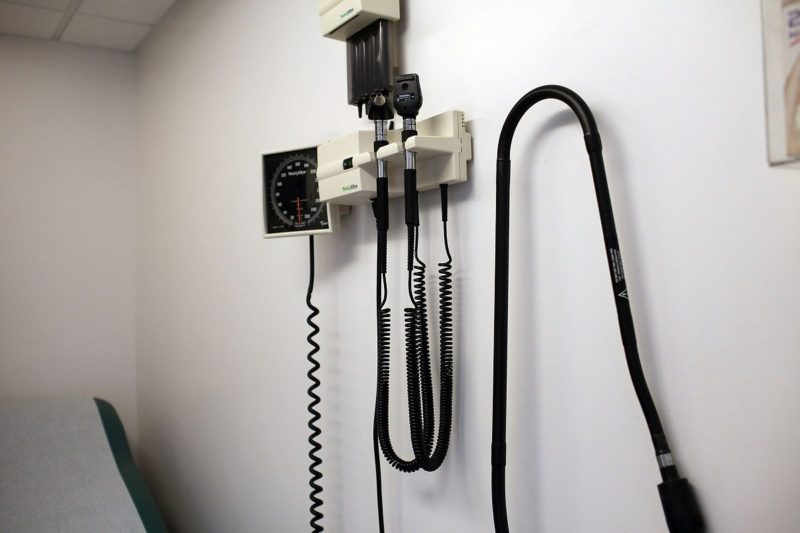Texas Posts ‘A Woman’s Right to Know’ Pamphlet for Public Comment
The draft version of "A Woman's Right to Know" was published online Tuesday, just a day after the U.S. Supreme Court ruled two provisions of the state’s omnibus anti-choice law are unconstitutional.

The Texas Department of State Health Services (DSHS) quietly published a draft version of a pamphlet the state mandates physicians provide to pregnant people seeking abortion care.
The draft version of “A Woman’s Right to Know” was published online Tuesday, just a day after the U.S. Supreme Court ruled two provisions of the state’s omnibus anti-choice law, HB 2, are unconstitutional.
There appear to be only minor changes to the previous version of the pamphlet.
The most significant change is an update stating that medication abortion can be prescribed “up to 70 days” from the pregnant person’s last menstrual period, in accordance with revised federal regulations.
The proposed revisions are available for public comment until Friday, July 29.
Lawmakers in several states have passed laws mandating that states provide written materials to pregnant people seeking abortion services. These so-called informed consent laws often require that the material include inaccurate or misleading information.
The previous version of the state’s “A Woman’s Right to Know” pamphlet contained 34.45 percent medically inaccurate statements, according to a study by a research team from Rutgers University.
The draft pamphlet notes that there is a “greater risk of dying from the abortion procedure and having serious complications the further along you are in your pregnancy.” The pamphlet cites a study, published in 2004 in Obstetrics & Gynecology, which examined abortion statistics from 1972 to 1997. Not apparent in the pamphlet is the researchers’ conclusion, which stated that “increased access to surgical and nonsurgical abortion services may increase the proportion of abortions performed at lower-risk, early gestational ages and help further decrease deaths.”
Moreover, a 2012 study found that abortion is “markedly safer than childbirth.” The study found that the risk of death from carrying a pregnancy to term “is approximately 14 times higher than that with abortion.”
There has been only one death related to abortion complications in Texas since 2008, according to the most recently available DSHS statistics.
The draft pamphlet does not explicitly make the claim that having an abortion causes breast cancer, a claim that is often made by anti-choice activists. However, the pamphlet states that “doctors and scientists are actively studying the complex biology of breast cancer to understand whether abortion may affect the risk of breast cancer.”
The link between abortion and cancer has been repeatedly debunked by scientific research.
“Scientific research studies have not found a cause-and-effect relationship between abortion and breast cancer,” according to the American Cancer Society.
A report by the National Cancer Institute also explains, “having an abortion or miscarriage does not increase a woman’s subsequent risk of developing breast cancer.”
